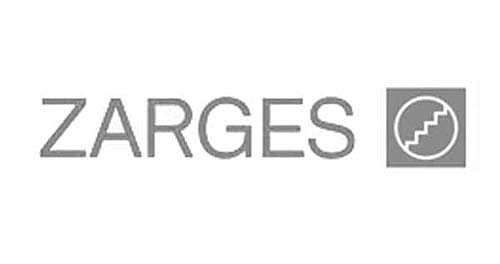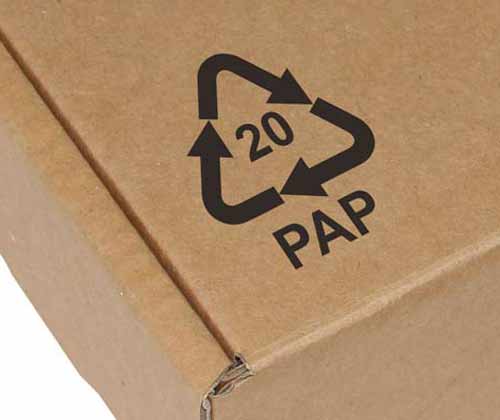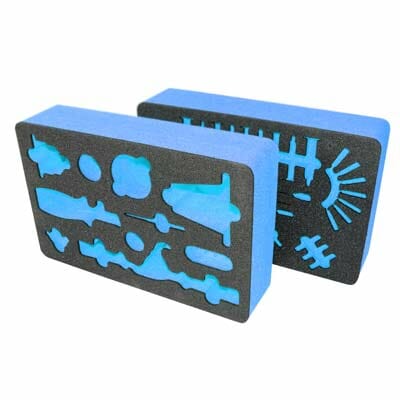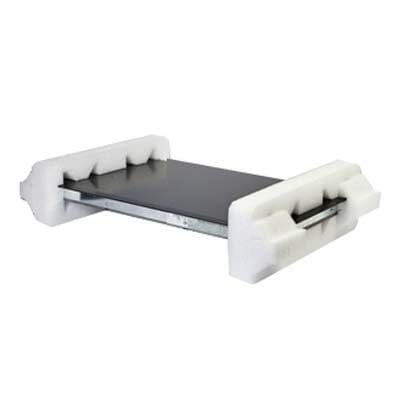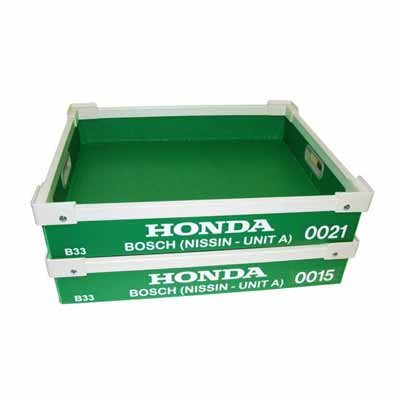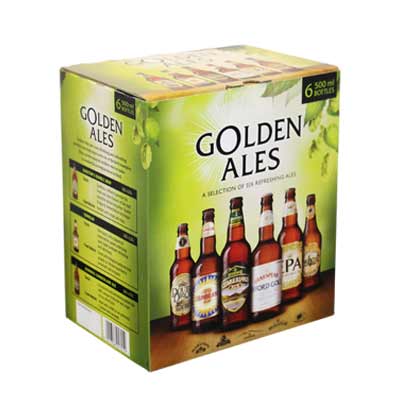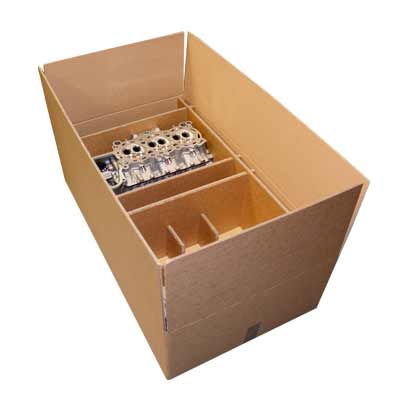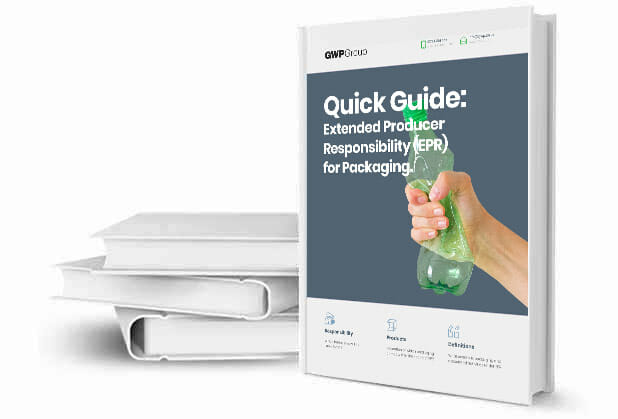Vegan-friendly packaging
Packaging that caters to a growing demographic
With Veganuary here again, many individuals have adopted or are considering a meat-free diet. However, many businesses are also looking to veganism in 2026, ensuring their products and packaging are vegan.
But what is vegan packaging?
Vegan packaging is any box, bag or other container that does not use animal products in its materials or manufacture. This includes any inks, dyes, and adhesives used to manufacture it. Vegan packaging must also be produced using machinery that does not utilise animal-based products (such as lubricants).
This guide provides further information regarding vegan packaging and helps you decide whether this is the right approach for your business and customers.
Contents
Introduction
What is veganism?
The typical definition of veganism is eating only plant-based foods. However, for most vegans, this extends to additional products, including clothing, furniture, and, increasingly, packaging.

Vegans and vegetarians in the UK
The number of people in the UK planning to follow a vegan diet is growing significantly. As many as 6.4% of UK adults planned to be vegan in 2025 (this includes the 2.1% who were already vegan). This figure equates to 3.4 million people.
Estimates also put the number of people who planned to be vegetarian at 6.1 million, or 11% of the population.
By the end of 2024, 6.4 million people, or 12% of the population, had adopted a meat-free diet, with a further 15% planned to do so in 2025.
Significantly, around half of Generation Z (born after 1997) and a third of Millennials (born 1981-1996) planned to follow a meat-free diet in 2025, contrasting with just one in 10 Baby Boomers (1946 – 1964).
These statistics suggest that if a significant proportion of your target customers are Millennials or Gen Z, or follow a meat-free diet, vegan packaging and other products are likely to be important to them (and a key opportunity for your business).
What makes packaging vegan?
Where animal products may be used in packaging
Many people are surprised that packaging may not be vegan-friendly. After all, cardboard boxes are made from plant-based materials like trees, as is paper, and plastic packaging is usually derived from oil and fossil fuels.
So, what makes packaging vegan?
Well, there are several different areas where animal products may potentially be used in packaging.
Materials
The obvious factor people consider when looking at vegan packaging is the material itself.
Corrugated packaging uses wood fibres in its manufacture, and major producers state they do not intentionally add animal-derived products during production.
The same is also true for corrugated plastic materials like Correx® (used for making returnable packaging such as tote containers and picking bins), as well as Stratocell and Plastazote foams used for foam inserts and other foam packaging.

Inks
There is some small potential for animal by-products in the inks used for printing on packaging. However, this is rare, as most inks are oil-based or made from organic (plant-based) materials.
Adhesives
Adhesives are one of the main areas where packaging manufacturers may inadvertently use animal products. Clutin (bone glue from animal waste products) or casein can often be found in flues used for assembled or part-assembled packaging.
However, many adhesives are entirely vegan-friendly.

Manufacturing processes
Surprisingly, many packs that could potentially be vegan-friendly are let down by production processes. Some lubricants and oils used to maintain and operate manufacturing equipment may contain gelatin-like substances. Using these effectively means that the manufacturing process is not free of animal products.
Customer benefits
Why should you consider vegan-friendly packaging at your business?
There are several reasons why switching to vegan packaging could benefit your business.
Firstly, if you sell products intended for animals, or if your company’s ethos aligns with veganism, vegan-friendly packaging is a good reflection of your business and culture.
From a more commercial viewpoint, if vegans are a key demographic your business is targeting, using non-vegan packaging could see you losing sales to competitors. This point equally applies to you targeting Millennials and Gen Z customers.
Using vegan packaging is also relatively niche at present, so this could also help improve your sales amongst certain customer groups. It also serves as a strong marketing message for these consumers.
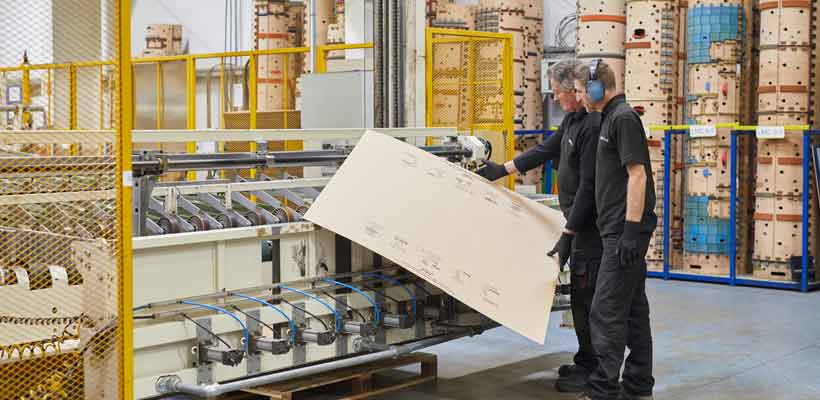
Sustainable and inclusive packaging
Ensuring your packaging is truly sustainable
It is also vital that your business uses sustainable packaging.
Sustainable packaging is effectively any material (and method) that minimises the use of natural resources and waste and lessens environmental impact. Its reach, however, also extends to the fair treatment of employees. Many refer to the three pillars of sustainability as social (people), environmental (planet), and economic (profit).
Sustainable options include recycled and recyclable packaging, biodegradable materials, and even FSC®-certified packaging (which uses materials from carefully managed sources and is tracked through the supply chain). Even using appropriate recycling symbols on your packs can improve consumer recycling rates.
Finally, you should also consider the accessibility of your packaging. Accessible packaging is effectively that which can be used by everyone, regardless of physical abilities. Packaging can (and should) include features such as braille, large print, easy-opening mechanisms, and clear instructions for appropriate use.

Summary
The importance of vegan packaging
Although they remain a small subset of the total population, veganism is growing significantly within the UK. This growth makes vegan packaging even more crucial for targeting specific markets, age groups, or demographics.
At GWP, we can supply vegan packaging. We are proud to use materials, adhesives, and inks free of animal products, and to maintain appropriate manufacturing processes as well.
So, if you see vegan packaging as crucial to your business ethos or a key demand or preference of your customers, please get in touch with our packaging experts today.
Share this article
Further reading


About the author

Matt joined GWP in 2012 as Marketing Manager, and is now involved with sustainability and the promotion of Macfarlane’s manufacturing businesses.
Products in this guide
Get in touch
Related guides
Recycling codes and resin identification symbols (for packaging)
What is sustainable packaging? And why it matters to your business
What is the packaging extended producer responsibility (EPR)?
PAP 20 logo – what is it, and should you be using it on your packaging?
A beginners guide to the Plastic Packaging Tax
Recycling symbols on packaging (+ free downloads)
Corrugated board grades explained: types of cardboard
How is cardboard recycled? A step-by-step explanation







